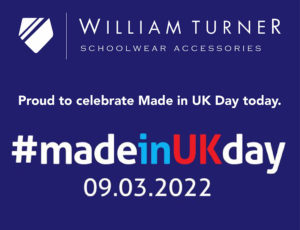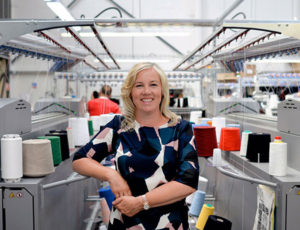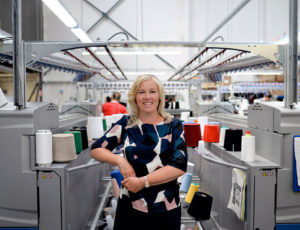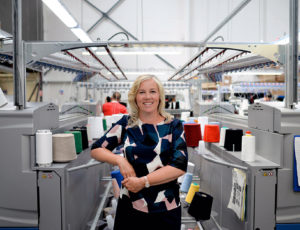New findings show consumers want the government to do more to encourage people to buy British

The pandemic and Brexit have changed the way UK consumers shop, with over two thirds now more likely to buy UK-made products than ever before, according to a survey by Make it British to coincide with Made in UK Day on 9 March.
Membership organisation, Make it British, surveyed 1282 UK consumers to assess the current demand for British-made products. The survey found 69% of consumers are more likely to buy products that are made in the UK now than before Brexit and the pandemic. Plus, they are willing to pay up to 20% more for UK-made goods. The survey also found 79% of shoppers prefer to buy UK-made products in-store from an independent shop or small business, rather than from big corporations or large online retailers.
When it comes to the reasons why consumers would choose to buy UK-made products, the preservation of UK manufacturing, the desire to create jobs and to lower their carbon footprint were all key considerations. However, 90% of survey respondents thought the government could do more to encourage people to buy UK-made goods and support businesses that manufacture in the UK. In fact, many wish to bring back the ‘Buy British’ campaign from the 60s.
Commenting is Kate Hills, founder of Make it British.
“Shoppers are really keen to buy made-in-the-UK products now because they know that there is a direct connection between buying British and growing the UK economy. According to the Office for National Statistics, the sale of UK-made products is currently worth around £359 billion a year.
“However, more could be done by the government to help increase this figure, as demand is definitely there. I’d like to see all government procurement prioritise UK-manufactured goods wherever possible. It would help the UK to meet some of its environmental targets if we weren’t shipping products in from all over the world.”
Key finding from the Make it British survey
- Four out of five shoppers prefer to buy UK-made products in-store at an independent shop or small business.
- 69% of consumers say they are more likely to buy products that are made in the UK now compared to before Brexit and the pandemic.
- Preserving UK manufacturing, creating job opportunities and boosting the local economy are the top three reasons why shoppers want to buy British.
- 88% of survey respondents said they would be willing to pay more for a product if it was made in the UK. Plus, a third said they would be willing to spend up to 20% more.
- 90% of the survey respondents would like to see the UK government do more to encourage people to buy products that are made in the UK.
A full breakdown of the survey’s findings can be found here.











